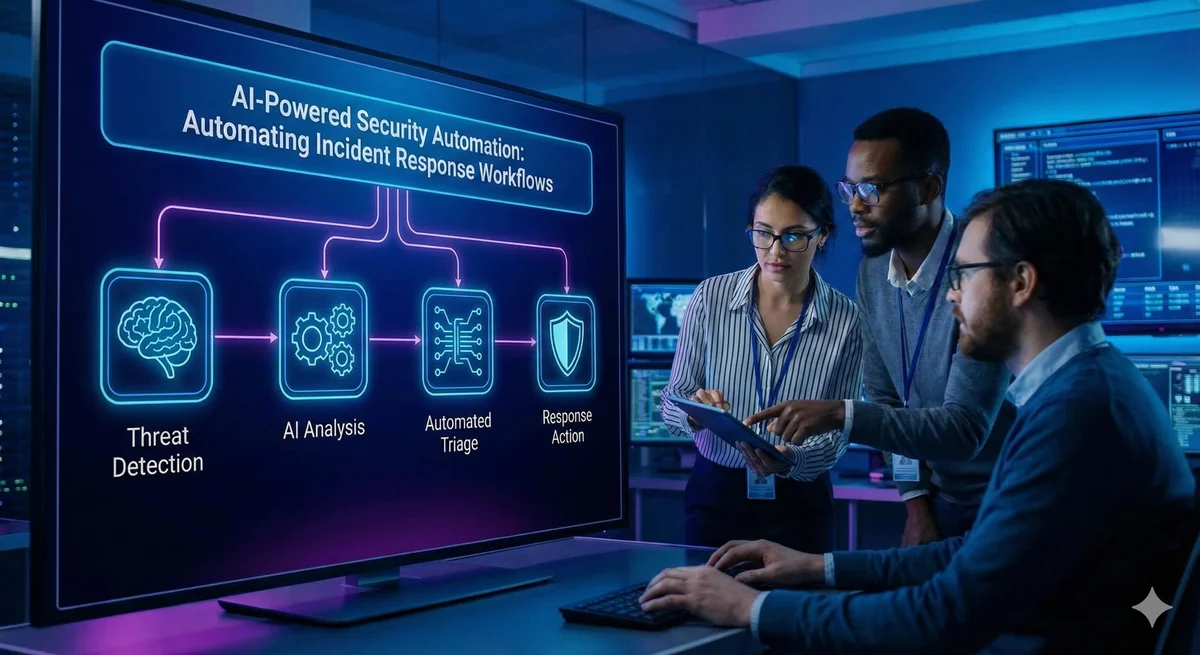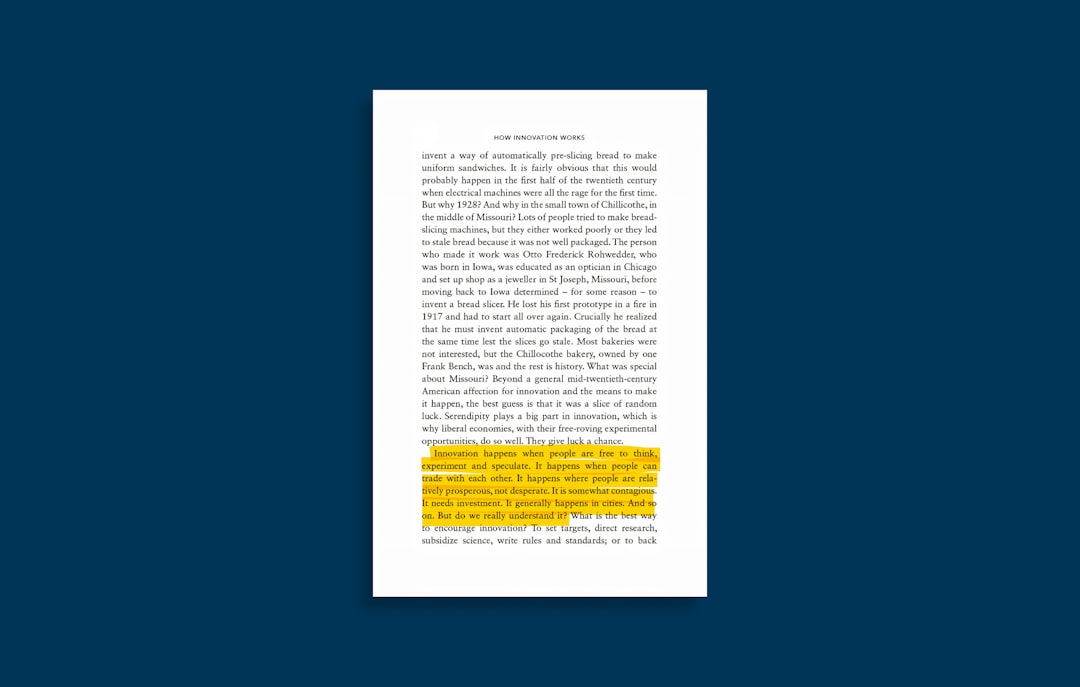
Ethical Considerations in AI Security: Bias, Privacy, and Responsible Use
Note: This guide is based on research from AI ethics frameworks, academic publications on algorithmic fairness, NIST AI guidance, EU AI Act documentation, and industry best practices. The analysis presented draws from documented case studies and peer-reviewed research on AI ethics in security contexts. Readers should consult legal and compliance teams when implementing AI security systems to ensure alignment with applicable regulations and organizational values. AI-powered security tools promise faster threat detection, automated response, and reduced analyst workload. But these benefits come with ethical responsibilities that security teams must address proactively. Unlike traditional rule-based systems, AI models can exhibit bias, make opaque decisions, and create privacy risks that traditional security tools don’t. ...



